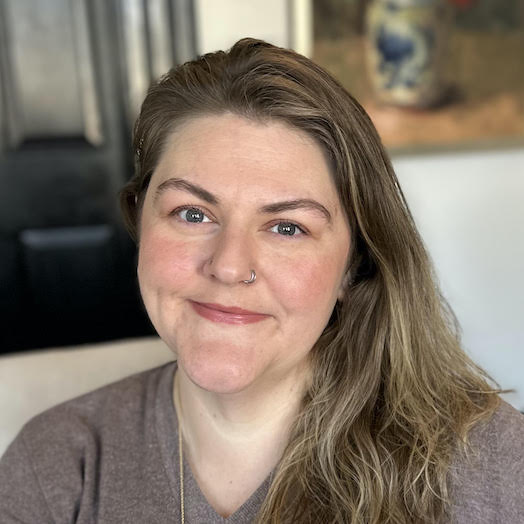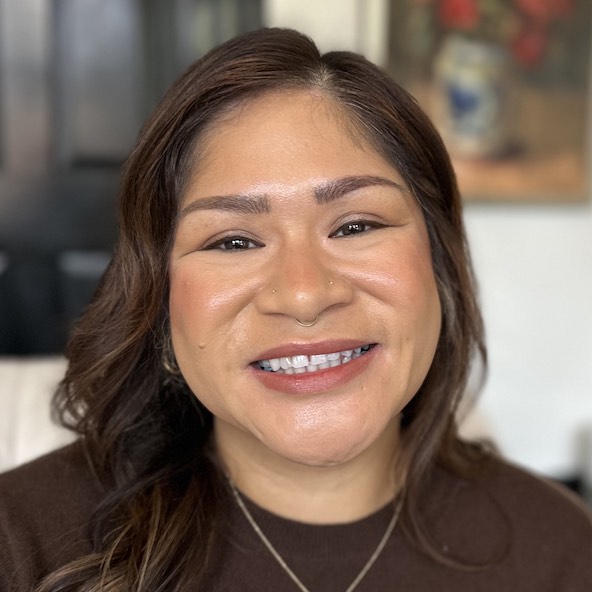
The way our world has evolved forces us to make more and more decisions in daily life. As a result, decision fatigue has become the norm, though many people overlook or ignore it. The sheer number of options often affects the quality of our decisions, especially for those already inundated with choices.
Psychological research shows that the human brain has a limited amount of mental energy for daily decisions. As this reserve depletes, individuals struggle to make choices, procrastinate, act impulsively, or avoid decisions altogether.
Understanding how decision fatigue develops and learning strategies to prevent it can improve productivity, mental clarity, and overall well-being.
How Decision Fatigue Happens
Decision fatigue does not appear overnight. It builds as the brain processes an overwhelming number of choices. After working through daily decisions, many people fail to notice how additional choices creep up.
Some of the primary contributors include:
Excessive Decision-Making
In a single day, the average person makes thousands of choices, from small ones like what to wear to complex ones like financial planning and major career moves. When decisions pile up without adequate mental breaks, cognitive resources diminish and even basic decisions become difficult.
High-Stakes Choices
Not all decisions carry the same weight. High-pressure choices, such as those involving finances, health, or relationships, require more cognitive energy than simpler ones. As a result, tackling multiple high-stakes decisions accelerates the onset of decision fatigue.
Lack of Structure or Routine
Without a routine, people face more daily decisions. For example, planning meals in advance reduces the need to decide what to eat multiple times a day. Selecting work outfits over the weekend eliminates morning indecision and ensures a smooth commute.
Information Overload
Although access to vast amounts of information provides benefits, the sheer volume of messages we encounter daily often exhausts the brain. Mentally processing so much data at once drains cognitive energy and increases the risk of poor decision-making.
Emotional and Physical Stress
When we do not feel our best, we often rush through decisions just to move on. Fatigue, illness, stress, and emotional turmoil deplete mental reserves. A preoccupied mind then struggles to allocate the energy needed for effective decision-making.
How Personality Traits and Conditions Affect Decision-Making
Certain personality traits and psychological conditions complicate the decision-making process. While everyone experiences decision fatigue, some individuals face unique challenges that intensify the struggle.
Perfectionism
Perfectionists often agonize over choices because they fear making the wrong decision. They overanalyze options, second-guess themselves, and put off decision-making in pursuit of the “perfect” outcome. This leads to exhaustion, disappointment, and increased stress.
Anxiety and Overthinking
Individuals with anxiety tend to ruminate over the decisions they make (or are about to make), as they worry about possible negative outcomes. This heightened state of stress drains them mentally and emotionally which can make even small decisions feel overwhelming. Overthinkers may also struggle with confidence in their choices, which worsens battles with indecision.
ADHD and Executive Function Challenges
Those with ADHD often experience difficulty with executive function, which includes prioritizing, organizing, and making decisions. They may feel paralyzed by choices, jump impulsively into decisions without thinking through consequences, or procrastinate due to how overwhelmed they’re feeling.
Low Self-Confidence
People who doubt their abilities tend to hesitate when making choices. Fear of failure or disappointing others makes decision-making feel incredibly daunting, leading to avoidance or excessive reliance on external validation.
Understanding how decision-making affects people differently can encourage others to empathize with those who struggle to reach their decisions. In addition, understanding the factors that influence decision fatigue enables those affected to develop strategies that work with their natural tendencies, rather than against them.
Signs of Decision Fatigue
Recognizing decision fatigue helps prevent or overcome it. Common symptoms include:
- Procrastination: Putting off or delaying decision-making due to the mental exhaustion that accompanies it
- Impulsivity: Making rash choices without careful consideration, often just to get the decision-making out of the way
- Avoidance: Ignoring or unnecessarily delegating decisions rather than addressing them
- Irritability and Frustration: Overwhelm or anxiety about making choices, even seemingly minor ones
- Mental Fog: Trouble with focus and clarity, especially when under considerable pressure
How to Prevent and Overcome Decision Fatigue
While decision fatigue remains a natural cognitive process, several strategies help reduce its effects and improve decision-making efficiency. Prevention works best, but for some, decision fatigue already affects daily life.
Focus on Important Decisions
Not all decisions deserve equal attention. Addressing the most important choices early in the day, when mental energy remains highest, often leads to better outcomes. Delegating smaller decisions frees up energy for what matters most.
For example, after a stressful and demanding workday, it might not be the best time to try a new restaurant for dinner. Save it for a day with fewer obligations.
Follow a Routine
Establishing daily routines reduces the number of unnecessary choices. For example, a structured morning routine minimizes decision-making in non-essential areas. When you know your next steps, you avoid getting caught up in minor choices.
Limit Choices
Too many options often make decision fatigue worse. Choosing one item out of ten feels a lot easier than choosing one from 1,000. Simplifying choices, such as reducing meal options or creating a capsule wardrobe, makes decision-making easier. Reducing options without eliminating them entirely allows for variety without overwhelming you.
Take Breaks and Manage Stress
Short breaks between decision-making tasks reset the mind. Activities such as meditation, deep breathing, or short walks improve mental clarity and reduce stress. Although some of life’s most important decisions require urgency, taking five minutes to reset often leads to better judgment. On the other hand, rushing results in poor outcomes.
Improve Your Nutrition and Sleep
A well-rested brain functions more effectively than a sleep-deprived one. Proper nutrition supports better sleep quality, and both factors help cognitive endurance. Staying hydrated, eating a balanced diet, and getting enough rest improve decision-making.
Use Decision-Making Frameworks
Structured tools, such as pros and cons lists, the Eisenhower Matrix, or the 80/20 rule, simplify choices and reduce the mental effort needed to make them. Many people find that visualizing their circumstances helps them make more objective decisions.
Set Deadlines for Your Decisions
Dwelling on one’s choices too long drains mental energy. Setting deadlines prevents overthinking and reduces stress. If you have to decide on something major within three months, give yourself time to evaluate options but avoid second-guessing later. Once you make a choice, resist the urge to criticize yourself for it.
Be Kind to Yourself
No one makes perfect decisions every time. Some choices come with uncertain outcomes, and being aware of that eases the pressure of always trying to get it right. Recognizing that everyone makes imperfect, difficult decisions allows for more confidence in your ability to move forward.
Decision fatigue affects modern life quite significantly, but it does not have to feel overwhelming. Recognizing its signs and taking intentional steps to simplify your life safeguards your mental energy, improves confidence in your choices, and enhances overall well-being.
If you’re overwhelmed with the myriad of decisions you constantly face, it’s also wise to work with an experienced mental health professional. Book an appointment with our office to get in touch with a dedicated therapist.

























